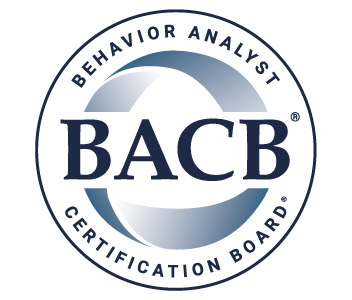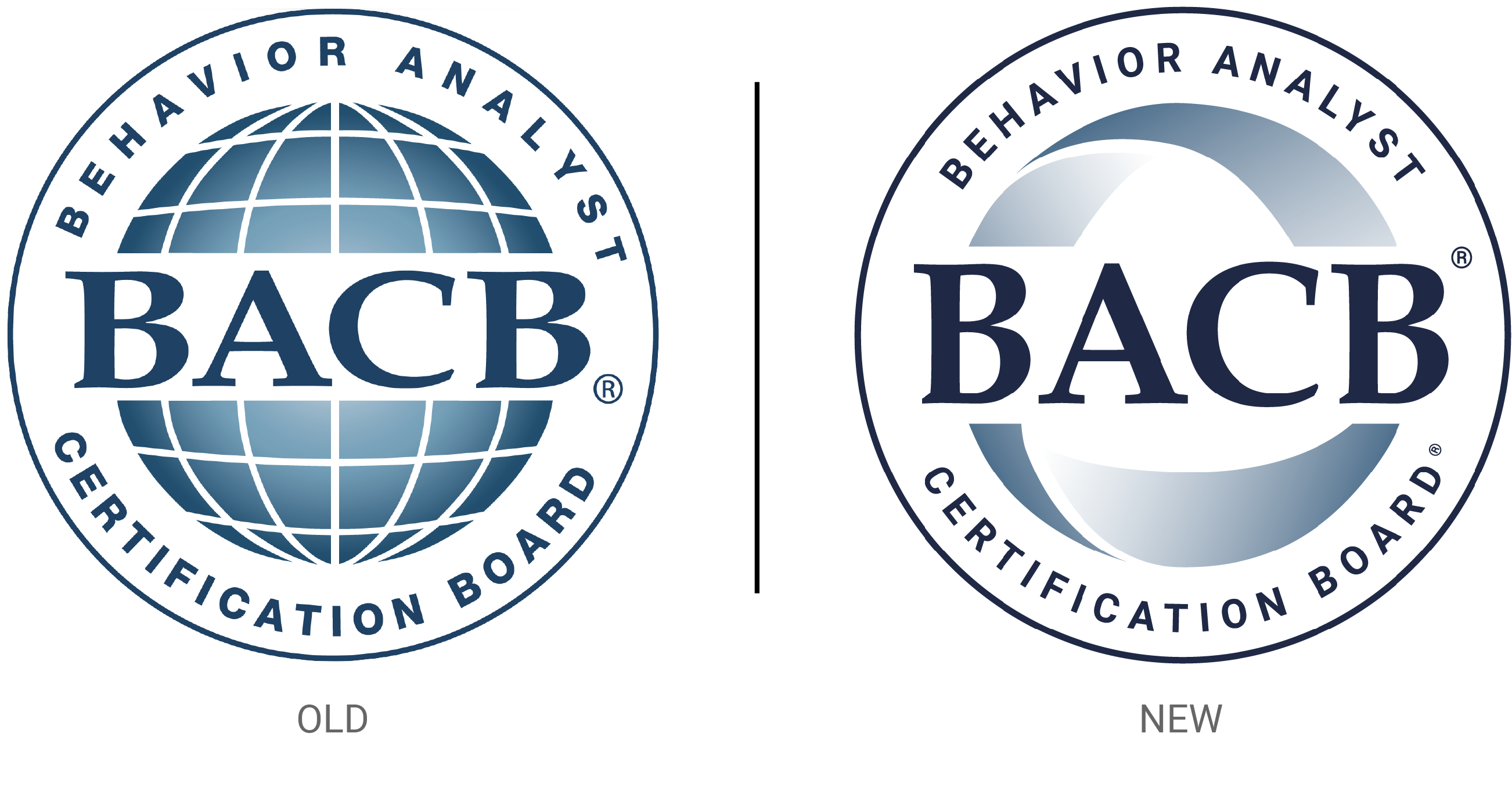The BACB is pleased to call for nominations for the 2025 Michael Hemingway Behavior Analysis Award. In memory of the life and contributions of Michael Hemingway, this annual award honors an individual distinguished for their contributions to public policy related to behavior analysis and/or for their efforts to increase the availability of behavior-analytic services.
We are accepting nominations until 5:00 p.m. MDT on October 15, 2024.

